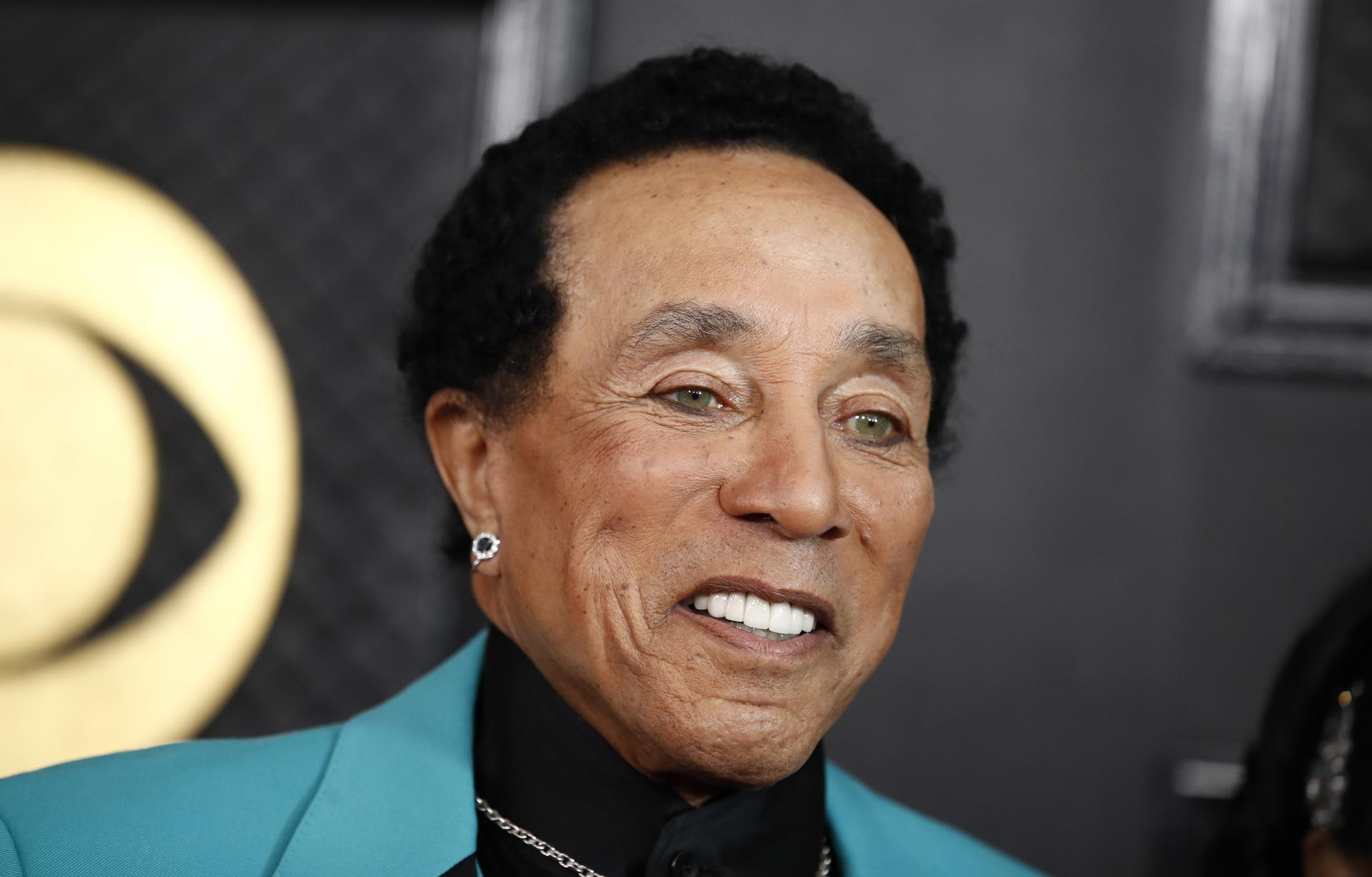Until recently The Los Angeles Police Department had a record streak going. No officer died by suicide for over two years. Before 2017 they the department was averaging two per year.
LAPD points to several initiatives for their success. Proactive efforts by the Behavioral Science Unit, the police protective league increasing awareness, and leadership making suicide prevention a priority.
Unfortunately, the streak ended a few weeks ago. NBC4 has learned of a recent death of a veteran detective.
"Every day this fight has to go on," LAPD police Chief Michel Moore says.
One example, the second annual heart of LAPD walk for suicide awareness and prevention. Organizers include the widow of a slain officer, and police psychologists who work with officers daily. Over 1,000 people shared stories as they walked.
One of the walkers is Sgt. Mike Patriquin, a trainer at the police academy. He wore a sign with four names. It is a fraction of the 11 colleagues he knew who have taken their lives.
"These are four of the ones I personally know pretty well," says Patriquin.
Since 2008 — 37 members of the LAPD have killed themselves, more than double the 17 killed in the line of duty.
Crystal Street traveled from Texas to walk alongside others. Crystal lost her father, Officer Sonny Medina. He was part of the infamous North Hollywood shootout in 1997.
Years later he killed himself.
News
Top news of the day
"He's a hero and the heroes don't ask for help," she says. "Now I feel it's important for heroes to ask for help."
She says the loss was devastating.
"I trusted him and I didn't know the true meaning of how I was going to survive without him."
Sonny's death is personal for Moore.
"Sonny was a friend of mine," he says. "We worked together as young detectives."
The year 2019 has been tragic year for departments around the country.
In nine months the New York City Police Department has experienced nine suicides. Chicago police had four officers take their lives in the first nine months of 2019, and eight since the middle of 2018.
Police departments around the country are now calling LAPD to learn more about its unique mental health programs.
Since becoming chief, Moore has made mental health and emotional well-being a department priority.
When asked what else needs to happen he says, "I think as a society and certainly as a profession we need to de-stigmatize it. We need to let people know its OK to ask for help."
It is a stigma steeped in police culture as hundreds of officers responded to an exclusive survey developed in partnership with the Los Angeles Police Protective League. Despite awareness, changing attitudes is not easy.
The NBC/LAPPL survey was sent out for the second year in a row. More than 600 officers responded. Their answers showing some improvement, but many of the of the same concerns remain.
Some 72 percent say they have experienced critical stress on the job which can affect coping skills. That number has improved from 83 percent in 2018, but it is still high.
Some 85 percent this year say they believe there is a stigma in law enforcement that creates a barrier to seeking help for emotional or behavioral health issues. An improvement from 90 percent in 2018.
"It was so taboo for so long we don't talk about it," Sgt. Tim Olsen says.
He was officer when NBC4 met him last year. He said he hit rock bottom before reaching out and getting help through the department.
"Being honest with myself, it helped a lot," he says. "If we can address the taboo we can bridge that gap then, you know, hopefully we'll have better results."
Today as he talks to officers at many of his pre-shift roll calls he promotes the department's Behavioral Science Services which provides psychologists around the clock, and his own work with a peer support program.
During one early morning roll-call he asks officers assembled, "does anyone here even know about peer support?"
No hands went up. He says many officers still do not realize he and others are available.
"My phone is always on," Olsen says. "You know you can call and talk to me about everything. The sergeant stripes come off."
Officer Steve Gordon, an LAPPL director and former S.W.A.T. member, is also a peer mentor.
"I had two classmates that I went through the academy with that committed suicide."
Gordon says seeking help should not be a sign of weakness.
"We really need to crush the stigma for people to come forward and get help," he says.
Patriquin echoes the sentiment:
"If someone asks you take a minute to talk to you, 'hey can I talk to you?' Take that minute to talk to them because you never know what is going on inside them."
Resources:
Law Enforcement | Suicide Prevention Resource Center
National Suicide Prevention Lifeline
LAPD website for useful information on a wide variety of health and wellness matters.



